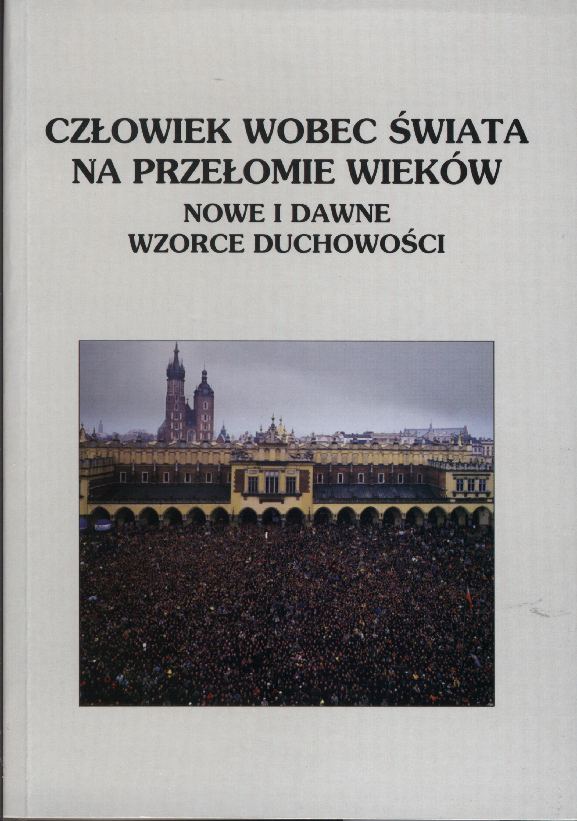|
The study of this book encourages to a joint reflection over the question how the various lines of human activity in contemporary civilisation may — and whether they have to — change the human attitude to the world, to other people and primarily to oneself. It seems that all the forms of activity — should they even be perceived as most external — transform all relationship that one has towards oneself and towards the world, including the deepest realm of spirituality. We are faced with questions about who the human is, what defines the essence of being human, what is decisive for uniqueness of being human, whether the human essence is assumed once and for all and is subject to no changes or whether it continues to be defined and delineated anew, and if so — what do the same questions that have turned up in all cultures from the earliest days have in common?
In this book, the reader finds reference not only to Mediterranean culture but also to practices from the cultures of the Near/Middle and Far East. Very similar questions turned up in Judaist culture and in thoughts of Christian mystics; in Chinese and Hindu traditions; and in new trends of contemporary psychology. For in the world of contemporary civilisation we are capable of reaching into culture and civilisation heritage of the whole planet in search of answers to the questions that torment us most deeply. What benefits and threats life in the "multicultural global village" entails, should actually be the subject of individual consideration and of a separate publication. Yet both mutual fascination as well as resentment of representatives of various cultures towards one another are a fact, just like the interaction and mutual penetration of numerous cultures, which seems to be the sign of our times and which the book could not fail to discuss. That is why, thinking about the future, the book's authors look not only behind, but also far around themselves.
|

|